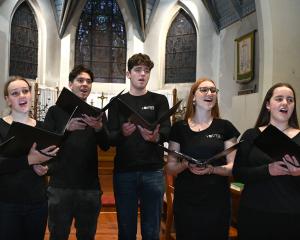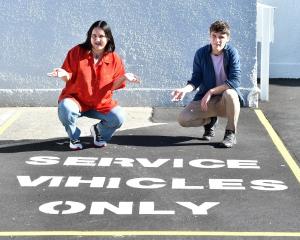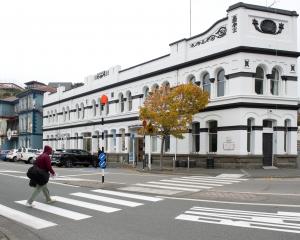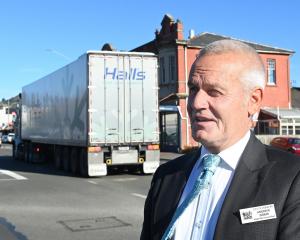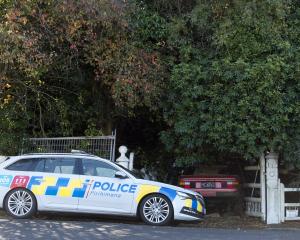The number of patients waiting for skin-cancer surgery at Dunedin Hospital increased 64% in the past year, while Southland Hospital halved its waiting list for the procedure, figures show.
Released under the Official Information Act, the figures show 167 patients were waiting for skin-cancer surgery at Dunedin at the end of September, compared with 102 the same time last year.
In Southland, just 11 people were waiting, compared with 24 last year.
Because of cost pressures, the Southern District Health Board has stopped outsourcing services to Dunedin's Mercy Hospital.
When contacted, Mercy Hospital's chief executive, Richard Whitney, said that in 2011-12 the private hospital carried out 245 ear, nose, and throat procedures for the board, of which 108 were excision procedures (likely to be skin cancers).
In total, 410 ear, nose, and throat patients were waiting for surgery at Dunedin Hospital, a 13% increase on last year. In Southland, that figure dropped 6%.
Patients being monitored by a GP because they fell short of the criteria for surgery - known as "active review" - also jumped in Dunedin, from 90 last September, to 142.
In contrast, patients on active review in Southland reduced from 112 to 19.
Yesterday, in a formal response, the board said its planning and funding wing was considering whether to allocate more money to the GP sector to carry out skin-excision surgery. A spokesman said the board was unable to answer further questions yesterday.
The situation did not appear to have progressed much since the board's hospital committee was told four weeks ago the issue was being discussed with planning and funding.
A capped number of skin-lesion procedures are funded in the Otago-Southland GP sector - about 840 a year. The procedures are carried out by GPs with a special interest in the area.
Earlier this year, Dunedin GP Dr Peter Ripley said he provided the surgery to private-paying patients, but did not sign up to the public scheme, because too few were funded.
Contacted yesterday, Mornington Health Centre practice manager Barbara Bridger said the practice was doing about 20 funded procedures a month, on top of procedures for fee-paying patients.
"We could certainly do more surgeries if we had more funding," she said.
"Patients requiring surgeries and who are not able to find the funding to pay for them themselves do miss out.
This is of concern as quite a number of lesions removed are cancerous or pre-cancerous.
"Removing these lesions early means that the patient has a better chance of a full recovery and is less of a drain on additional medical services than if they were to require larger or more complicated surgery or need further medical interventions."






